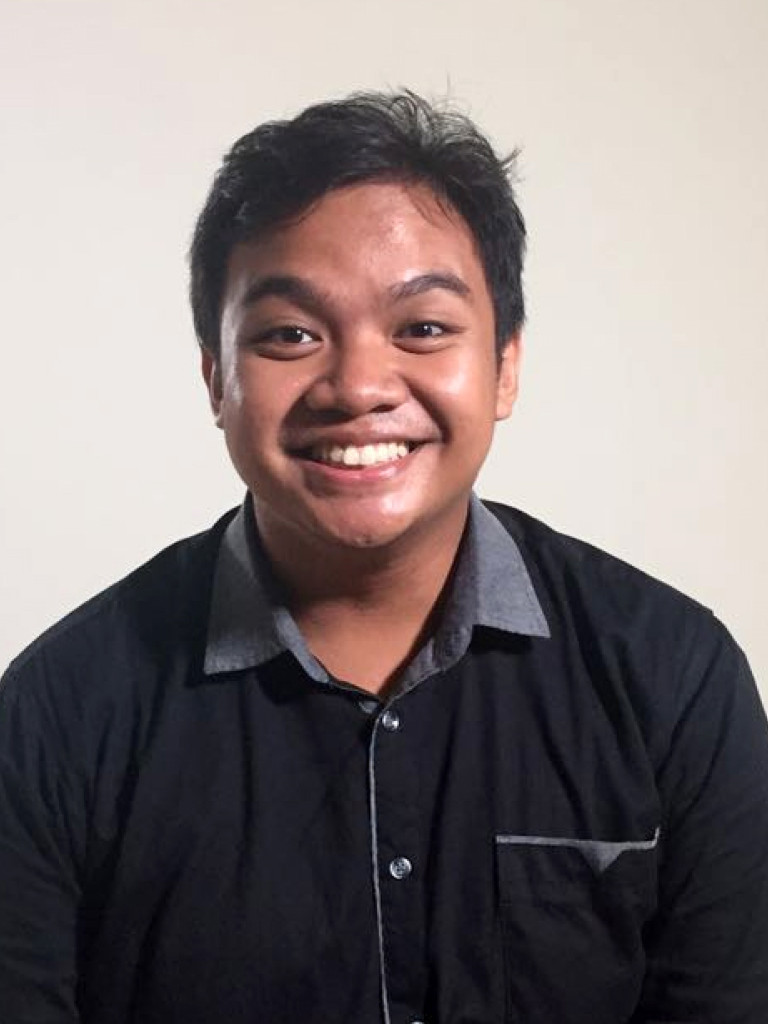
KHARISHAR KAHFI
- 2019
- Press Fellow
Kharishar Kahfi, or Kuka, is a journalist based in Jakarta, Indonesia. He has been working with The Jakarta Post, the leading English national newspaper and media company, since 2016. He mostly works as a journalist on the newspaper’s National desk; mostly covering environment (e.g. forestry, maritime, climate change to disaster mitigation), science and policy issues. He studied Communication Studies, with a focus on journalism. 1. Why did you choose to become a science journalist? Prior to covering science and environment, I wrote many stories about law and corruption. I was only assigned to cover science and environment when a reporter covering those issues left my office in 2018. Upon doing reporting on environment and other issues related to natural sciences, I realized that I have had a passion for sciences because I enjoy reading the articles and hearing presentations on this field. As I believe that science will become an important aspect for the development of my country and the whole of humanity, I decided to work on my venture as a science journalist. 2. What role do science and science communication play in your country? I believe scientific innovations would become an important solution to problems faced by my country, Indonesia. Being a developing country, our recent leaders have put infrastructure construction as the most important thing to be done by people in power. However, Indonesia still rely heavily on ‘grey infrastructure’ or ‘grey development’ that potentially bringing further destruction to the environment. Therefore, I see that scientific innovations are important to Indonesia so we can continue building important facilities for the people, while also saving the environment at the same time. There are actually some people or organizations working on innovations to enable development from occurring while also saving the environment. However, it seems that these innovations have yet to be put in the spotlight compared to other issues such as politics. Therefore, there is no better time than now to push for better science communication in Indonesia in order to promote these innovations for the sake of a better future. 3. What are the main challenges of science journalism in your country? Low level of education, both in quality and quantity, might be the main challenge of science journalism. According to data from World Bank, more Indonesian children are attending school over the last decade. However, the quality of education had only improved a bit. This condition might have or will hinder science journalism, as the people’s interest on sciences would be low; therefore, challenging every science communicators across the archipelago. Such challenge is amplified by a tendency that most Indonesians still have high belief on things related to spirituality. For example, when a disaster occurs, most people would think that it is caused by God’s will and it is their destiny to embrace it rather than prepare to mitigate its impact. Luckily, authorities as well as scientists and science journalists are working to find ways to communicate science more easily to Indonesian people. 4. Where do you see the big societal transformations in the future? What scientific research/discovery will change our world? A more advanced sustainable waste management should be pushed in the future. While we already have some technological advances in such field, political will from authorities around the world is necessary for full implementations on such innovations. Moreover, measures for climate change adaptation, especially for coastal residents, is still important for archipelago and maritime countries. 5. What book, movie or song has radically changed your perspective? And why? I once read a book titled “Jurnalisme Bencana, Bencana Jurnalisme” (Disaster Journalism, Disaster for Journalism) written by an Indonesian journalist named Ahmad Arif. While this book mainly consists of Arif’s experience upon covering 2004 Aceh tsunami that claimed millions of lives, I see it as a book on Disaster Journalism 101. The book changed my perspective radically that disaster journalism should not only focus on the evacuation and recovery, but also on its mitigation and other preparation prior to the disaster.